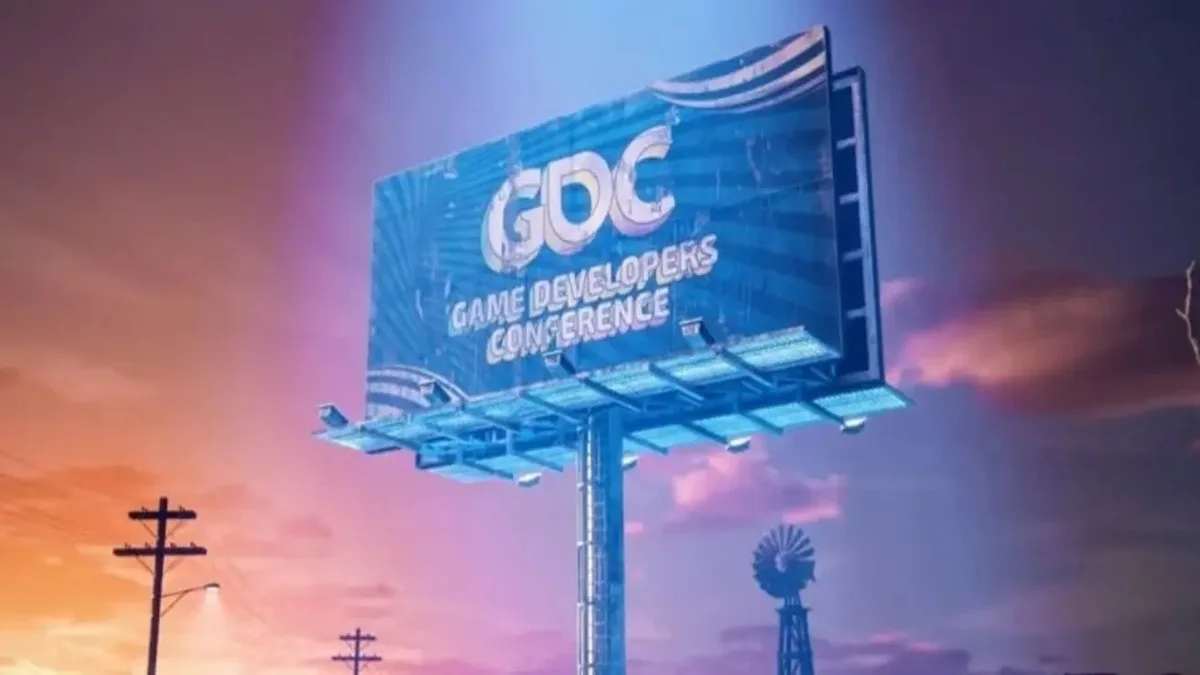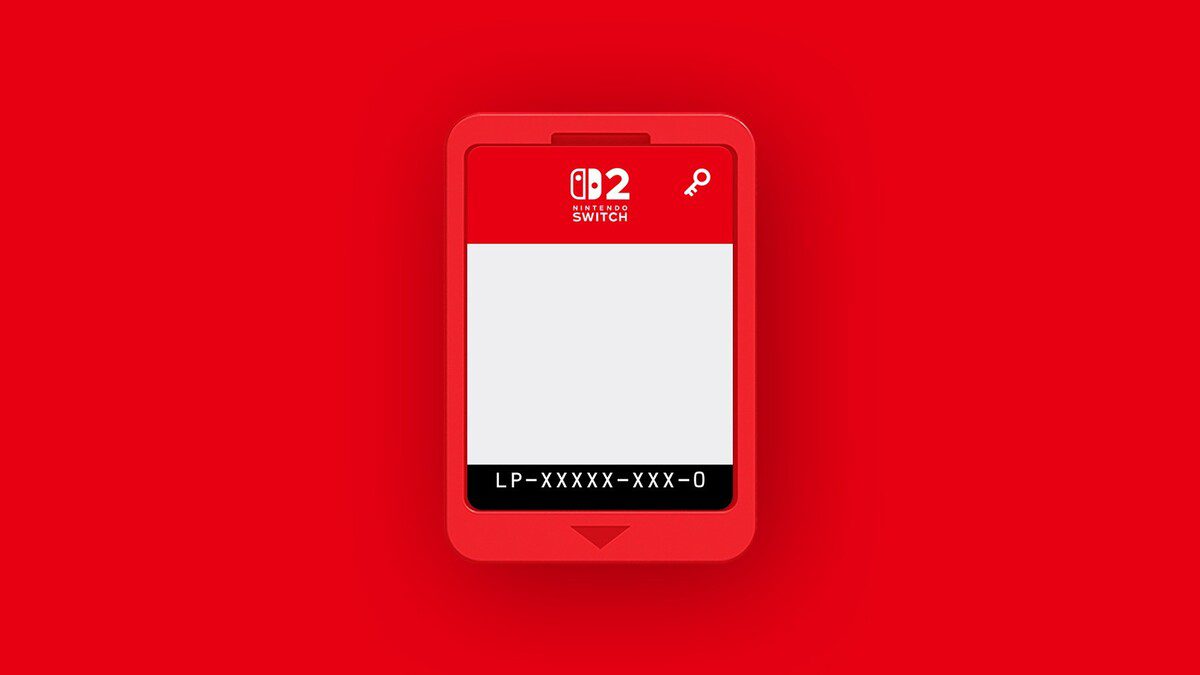The Game Developers Conference has always carried a certain weight in the industry. It’s not just another trade show—it’s a ritual gathering where developers, publishers, and platform holders converge to share knowledge, scout opportunities, and, perhaps most importantly, signal that they are part of the same community.
That’s why GDC’s recent statement—that companies who don’t attend are “sending a message they don’t care about developers”—landed with such force. It’s a claim that cuts to the heart of how the industry defines care, accountability, and presence.
This is a quote from GDC’s executive director of innovation and growth, Mark DeLoura, said on The Game Business Podcast:
As an attendee, I was disappointed not to see Unity and Unreal on the show floor.
I worked for Sony and I started the Sony booth 25 years ago… not to see Sony on the show floor is just disappointing. I really feel like you’ve got so many developers there, you’ve got to have a front door.
Isn’t that the purpose of conferences? Meeting new people. You’ve decided you don’t want to meet new people, I guess. I can’t understand that. There’s more to it than that, of course. There are costs, etcetera. But developers get the vibe. If you’re not there, or appear not to be there, are they sure that you care about them? That’s what I don’t understand.
I would say this, because that’s why I got Sony involved in GDC in 2001. We needed to be there. We needed to be there for the developers. It’s important.
Of course, these companies are going to have their own events, they have their own communities they need to foster, and they can talk about things that are more NDAd at their own events that they may not want to do at a public show. But you’re not going to find the independent developer who doesn’t already know somebody at your shop, unless you’re there with your door open.
On one level, the argument makes sense. Showing up at GDC is a visible act of solidarity. It tells developers, “We’re here, we’re listening, and we’re willing to be part of the conversation.” For many smaller studios, those hallway encounters and candid Q&As with platform representatives are irreplaceable. The symbolic value of being in the room is real. But symbols are not substance. Developers don’t measure care by who rents a booth in San Francisco; they measure it by whether their tools are documented, their revenue streams are stable, their feedback is heard, and their jobs are secure. A company can attend GDC and still ignore those needs. Conversely, a company can skip the event but invest heavily in grants, technical support, and transparent policies that make a tangible difference.
That’s why the blanket framing—attendance equals care, absence equals indifference—feels too simplistic. Companies skip for many reasons: cost, safety, or a strategic choice to focus on smaller, more targeted gatherings. If they communicate those reasons openly and provide alternative ways to engage—digital office hours, regional meetups, or direct support channels—the message developers receive is very different than silence. What truly erodes trust is not the absence from GDC itself, but the absence of consistent, accessible support throughout the year.
Within the developer community, sentiment reflects this nuance. Many still see GDC as a vital space for networking, mentorship, and cultural exchange. Others are increasingly skeptical of the optics, pointing out that flashy booths don’t fix exploitative labor practices or sudden policy shifts. What unites both camps is a demand for substance over spectacle. Developers want companies to prove their care through action: faster ticket resolution, clearer documentation, fairer revenue splits, and stability in an industry too often defined by layoffs.
So is GDC right? In part. Attendance does send a message, but it’s not the only message that matters. The real test of care is what companies do once the conference is over—when the lights dim, the booths are packed away, and developers return to the daily grind of making games. That’s where care is measured, and that’s where reputations are built or broken.









